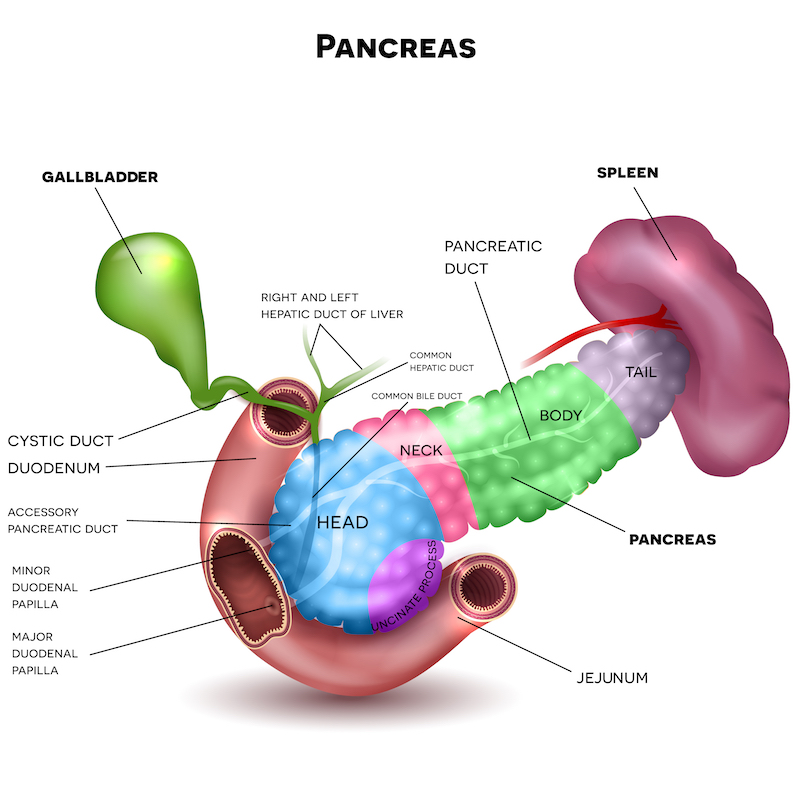Pancreatic cancer is one of the nastiest kinds and most difficult to treat; the EMA has granted marketing authorization to Onivyde in the fight against it.
![]() Pancreatic cancer is the fourth-leading cause of death in Europe, and it represents a dramatically underserved need. Metastatic adenocarcinoma is almost always fatal, as it cannot be removed surgically to slow the progression; the median 5-year survival rate is about 5%. The best and most expensive way to survive longer, as Steve Jobs did, is to undergo a pancreatic transplant.
Pancreatic cancer is the fourth-leading cause of death in Europe, and it represents a dramatically underserved need. Metastatic adenocarcinoma is almost always fatal, as it cannot be removed surgically to slow the progression; the median 5-year survival rate is about 5%. The best and most expensive way to survive longer, as Steve Jobs did, is to undergo a pancreatic transplant.
Patients diagnosed with the metastatic adenocarcinoma variant of pancreatic cancer will probably undergo chemotherapy based on the nuceloside analogue, gemcitabine. This is the standard first-line treatment of locally advanced or metastatic pancreatic adenocarcinoma.
The European Commission has granted Marketing Authorization to Onivyde from Shire for the treatment of metastatic adenocarcinoma of the pancreas. It is meant to be used in combination with 5-fluorouracil and leucovorin in adult patients whose cancer has progressed despite gemcitabine-based therapy.

While this might seem like a narrow niche, these patients don’t have many options after the failed treatment — Onivyde is now the first and only one approved for this population. It is based on the small molecule, irinotecan, whose metabolite, SN-38, slows DNA replication and transcription by inhibiting topoisomerase I.
Shire’s therapy is formulated to increase the exposure time of tumor to SN-38 for more effective treatment. Onivyde reached both its primary and secondary endpoints in a recent Phase III study, as it significantly improved the overall survival rate for patients whom gemcitabine failed, increasing the average to a year from a couple months.
Pancreatic cancer is not a crowded field: options are limited, and a new spin on an old drug like irinotecan is still the best course of action. However, Erytech in Lyon, France, is taking a new tack by using red blood cells to deliver a treatment to starve cancer cells and thereby induce apoptosis. A Spanish collaboration, IDIBELL, is trying to nip pancreatic cancer in the bud with a diagnostic test to pin down metastasis.
Clearly, a lot of work still needs to be done, but Shire is doing what it can!
Featured Image: phugunfire/shutterstock.com
Figure 1: Tefi/shutterstock.com





